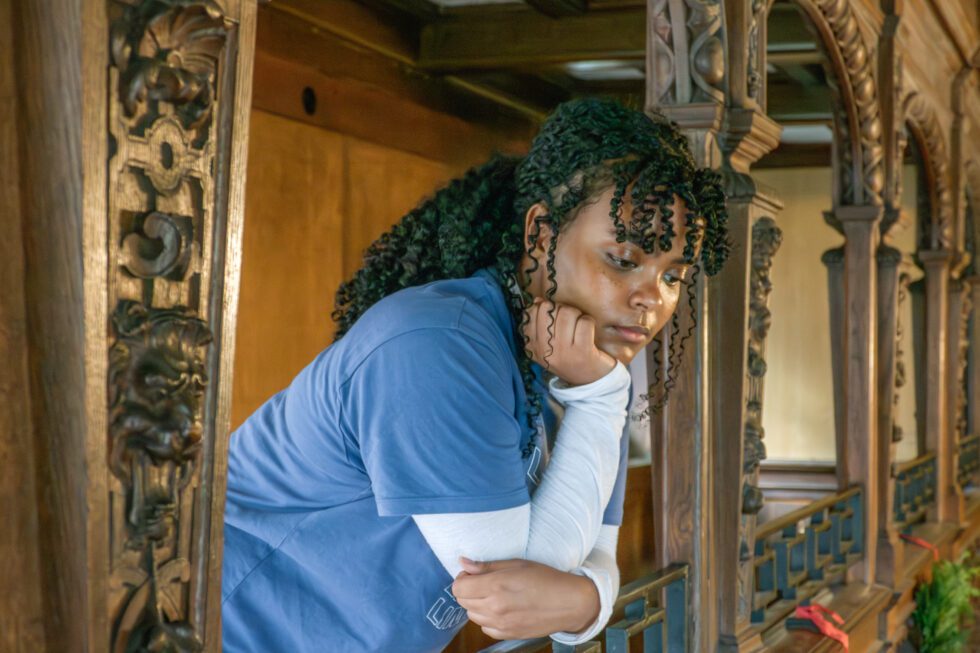Being a victim of crime can have a profound impact on your life, affecting your emotions, relationships, and sense of safety. Understanding these effects can help you navigate your experiences and seek support when needed. This resource provides insights into the impact of crime victimisation and offers guidance on coping and healing.
1. Emotional Impact:
Anger and Frustration: Feelings of anger and frustration are common reactions to being victimised, often directed towards the perpetrator, oneself, or the circumstances surrounding the crime.
Guilt and Shame: Victims may experience feelings of guilt or shame, questioning whether they could have prevented the crime or blamed themselves for what happened.
2. Psychological Effects:
Post-Traumatic Stress: Many victims of crime develop symptoms of post-traumatic stress disorder (PTSD), including flashbacks, nightmares, and hyper-vigilance.
Depression: Feelings of sadness, hopelessness, and loss of motivation and interest in activities once enjoyed are common among crime victims, leading to depression.
Fear and Anxiety: Victims of crime may experience heightened fear and anxiety, especially when reminded of the traumatic event or when faced with similar situations.
Low Self-Esteem: Being victimised can erode self-esteem and self-worth, making it difficult to feel confident and secure in oneself.
3. Social Impact:
Isolation: Victims may withdraw from social activities and relationships, feeling disconnected from others or fearing judgment and stigma.
Trust Issues: Crime victimisation can lead to distrust of others, making it challenging to form new relationships or rely on others for support.
Impact on Relationships: Relationships with family, friends, and romantic partners may be strained or disrupted due to the effects of victimisation.
4. Physical Impact:
Injuries: Depending on the nature of the crime, victims may sustain physical injuries that require medical attention and may have lasting effects on their health and well-being.
Health Consequences: Victims of crimes may experience long-term health consequences, such as loss of appetite, difficulty sleeping, chronic pain, mobility issues, or disabilities.
5. Coping Strategies:
Seeking Support: Contact trusted adults, friends, family members, or professionals for support and guidance. Don’t hesitate to seek help from counsellors, therapists, or support groups specialising in trauma recovery.
Self-Care: Prioritise self-care activities that promote your physical, emotional, and psychological well-being, such as exercise, relaxation techniques, and engaging in hobbies you enjoy.
Setting Boundaries: Establish clear boundaries with others and assert your needs and preferences. Surround yourself with people who respect and support you.
Conclusion:
Crime victimisation can have far-reaching effects on various aspects of your life, but it’s essential to remember that you are not alone. By understanding the impact of victimisation and accessing support when needed, you can begin the journey of healing and recovery. Remember to be patient and compassionate with yourself as you navigate your experiences and strive to rebuild your sense of security and well-being.
Resources for further support:
Mind:
InfoLine: 0300 123 3393
The Mind InfoLine can help you find specialist services in your area.
Shout:
For immediate support text SHOUT to 85258 to chat by text to a trained and supervised volunteer. Free, confidential and available 24 hours a day, 365 days a year.
The Mix:
The mix provides one-to-one chat and messenger services, discussion boards and information for young people.
Victim Support:
https://www.victimsupport.org.uk
Call Supportline on 08 08 16 89 111
Victim Support is an independent charity dedicated to supporting victims of crime and traumatic incidents in England and Wales.
Kooth:
Kooth is an anonymous site which helps children and young people feel safe and confident in exploring their concerns and seeking professional support.
Young Minds:
YoungMinds are a mental health charity for children, young people and their parents, making sure all young people can get the mental health support they need.

